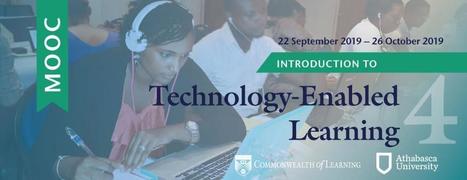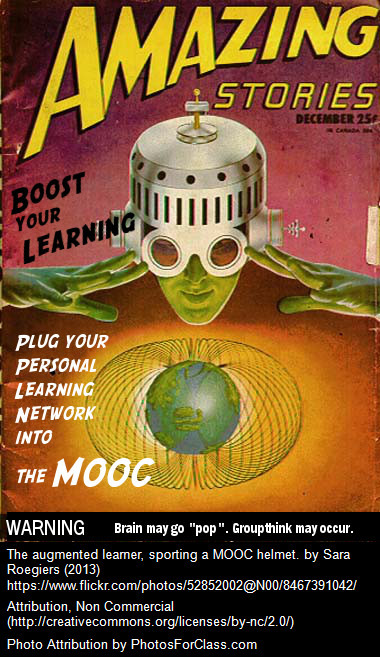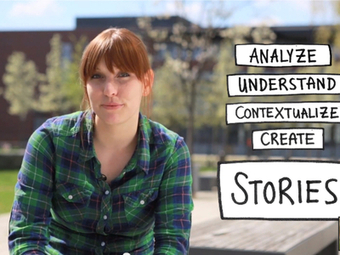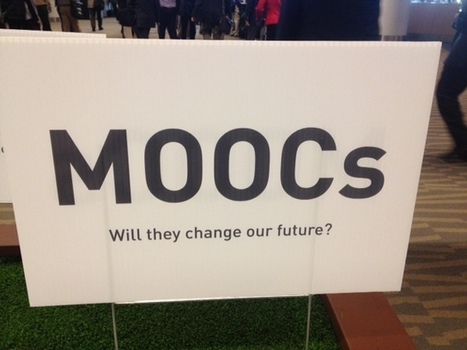Teachers who want to learn more about teaching with technology will find this Massive Open Online Course (MOOC), Introduction to Technology-Enabled Learning (TEL), informative and engaging. Using up-to-date learning design and simple, accessible technology, the course runs on an easy-to-use learning platform available via the Internet. The course is designed for teachers who want to build on their knowledge and practice in teaching and learning with technology. It will run over five weeks and requires approximately three to five hours of time each week. Designed to accommodate teachers’ busy schedules, the course offers flexibility with options for learning the content. You will learn from readings, videos, discussions with other participants and instructors, meaningful exercises, quizzes and short assignments. Certification is available for those who wish to complete all required exercises and quizzes.
Via Peter Mellow, Jim Lerman



 Your new post is loading...
Your new post is loading...






























